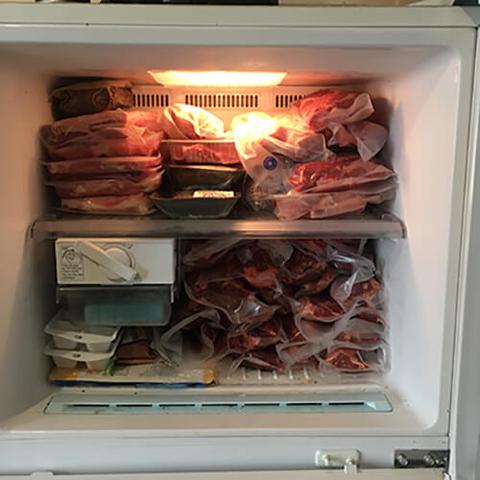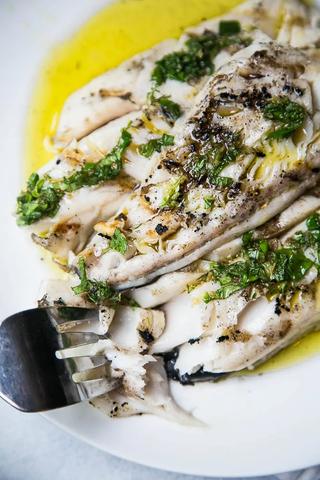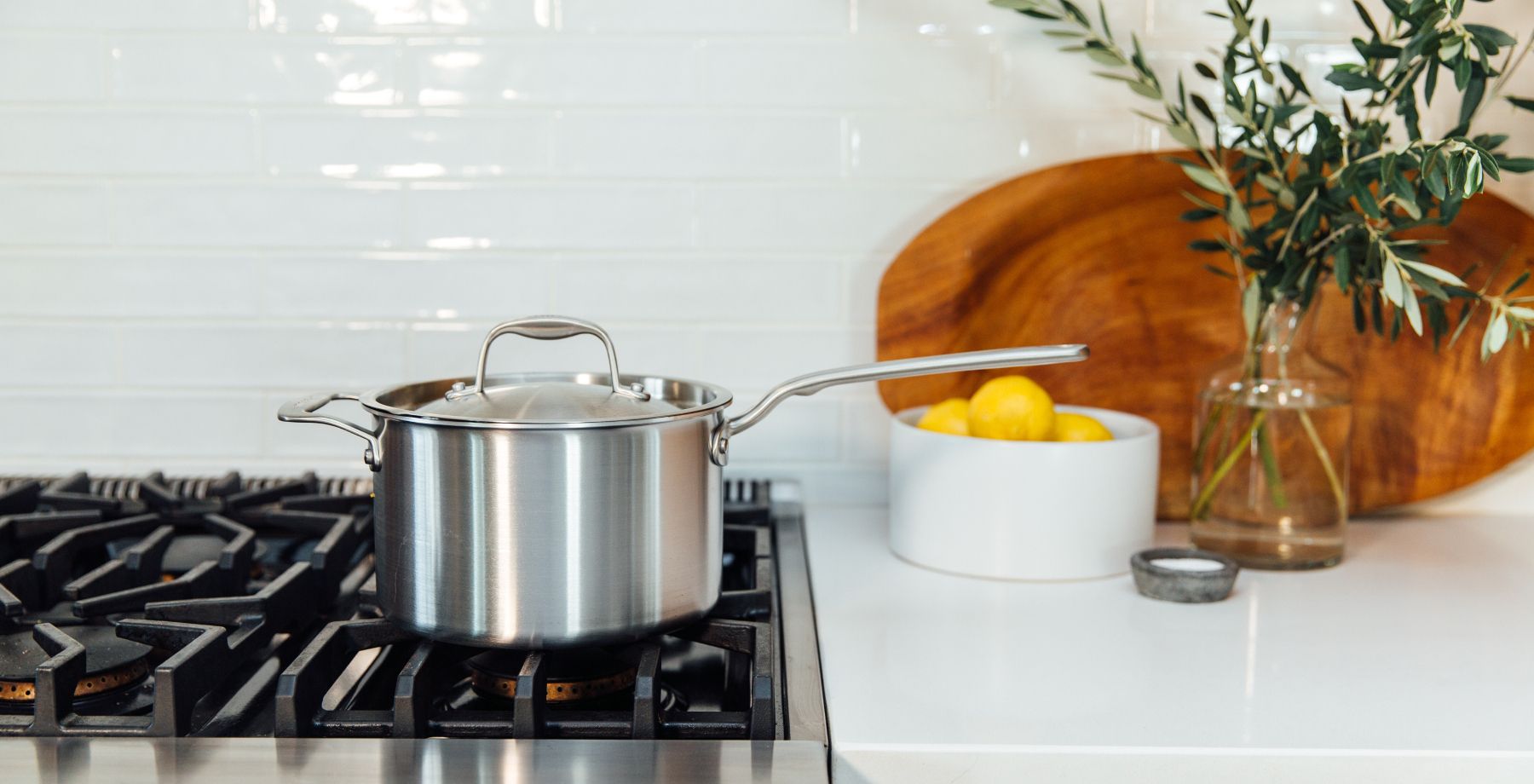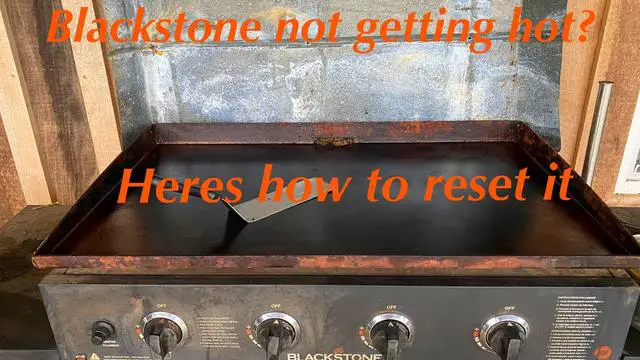
“Discover the shelf life of vacuum-sealed smoked meat in your refrigerator. Learn how long this method can preserve the flavor and quality of your deliciously smoked meats, ensuring optimal freshness for your culinary creations.”
WHAT IS VACUUM SEALING?

Vacuum sealing is a preservation method that involves removing air from a bag or container, creating a vacuum. This process creates an airtight seal that keeps food fresh for longer periods. By eliminating oxygen and air, the growth of bacteria and other microbes is significantly slowed down, allowing food to last much longer than food that is not vacuum-sealed.
HOW LONG DOES VACUUM SEALED SMOKED MEAT LAST?
Vacuum sealing is a fantastic preservation method that extends the shelf life of smoked meat. By removing air and oxygen, vacuum-sealed smoked meat can last up to three to five times longer than non-vacuum-sealed meat. The exact duration depends on factors such as the type of meat, the quality of the seal, and the storage conditions.
Generally, vacuum-sealed smoked meat can last for up to two weeks in the refrigerator and up to six months in the freezer. However, it’s important to note that these are guidelines and individual results may vary. It’s crucial to ensure a tight and airtight seal when vacuum sealing the meat, store it in a cool, dry place between 32 and 40 degrees Fahrenheit, and label and date the package for proper tracking.
TIPS FOR STORING VACUUM SEALED SMOKED MEAT
When storing vacuum-sealed smoked meat, it’s important to ensure that the vacuum seal is tight and airtight. This prevents air and moisture from seeping in and causing spoilage. Check the package by gently pressing on it to make sure it feels hard and compact.
Store vacuum-sealed smoked meat in a cool, dry place with a temperature between 32 and 40 degrees Fahrenheit. The refrigerator or freezer are ideal options depending on how long you plan to keep the meat. Freezing can significantly extend its shelf life, but remember to freeze it as soon as possible after vacuum sealing.
Label and date the package before storing it in the freezer to help keep track of how long the meat has been stored. This will ensure that you use it before its quality deteriorates. By following these tips, you can enjoy your vacuum-sealed smoked meat for longer periods without worry.
MAKE SURE THE VACUUM SEAL IS TIGHT
One of the most important aspects of storing vacuum-sealed smoked meat is ensuring that the vacuum seal is tight. The seal must be airtight to prevent air and moisture from seeping into the package, which can cause the meat to spoil. To check if the seal is tight, gently press on the package. If it feels hard and compact, the seal is likely tight. However, if it feels soft and spongy, air may have entered the package, and it’s best to discard the meat.
The storage conditions for vacuum-sealed smoked meat are crucial in extending its shelf life. It’s recommended to store the meat in a cool, dry place with a temperature between 32 and 40 degrees Fahrenheit. Moisture and heat can accelerate spoilage, so avoiding these conditions is essential. The refrigerator or freezer are suitable options for storage depending on how long you plan to keep the smoked meat.
To keep track of how long your vacuum-sealed smoked meat has been stored and when it needs to be used by, make sure to label and date each package. This simple step can help you avoid consuming expired meat and ensure that you enjoy it while it’s still fresh and safe to eat.
STORE IN A COOL, DRY PLACE
Proper storage is essential when it comes to vacuum-sealed smoked meat. Following a few simple tips can help you keep your smoked meat fresh and delicious for as long as possible. First and foremost, make sure the vacuum seal is tight. The seal must be airtight to prevent air and moisture from seeping in and causing the meat to spoil. You can check the seal by pressing on the package gently. If it feels hard and compact, the seal is likely tight. If it feels soft and spongy, air may have entered the package, and the meat may not be safe to eat.
Another tip for storing vacuum-sealed smoked meat is to store it in a cool, dry place. Moisture and heat can cause the meat to spoil quickly, so it’s best to store it in a cool, dry spot. Ideally, the temperature should be between 32 and 40 degrees Fahrenheit. You can store vacuum-sealed smoked meat in the refrigerator or freezer, depending on how long you plan to keep it. If you’re not planning on eating the smoked meat within a week or two, consider freezing it for longer storage. Freezing can significantly extend the shelf life of vacuum-sealed smoked meat. However, make sure to freeze the meat as soon as possible after vacuum sealing it to preserve its freshness.

FREEZE FOR LONGER STORAGE
Smoked meat can be frozen for extended periods to preserve its freshness. After vacuum sealing the meat, place it in the freezer as soon as possible to maintain its quality. Freezing can significantly extend the shelf life of vacuum-sealed smoked meat, allowing you to enjoy it months after cooking. Remember to label and date the package before storing it in the freezer for easy tracking. Thaw frozen vacuum-sealed smoked meat in the refrigerator when you’re ready to use it, ensuring that it is heated to an internal temperature of at least 165°F before consuming.
Overall, freezing is an excellent option for longer storage of vacuum-sealed smoked meat, allowing you to savor its smoky goodness whenever you desire.
LABEL AND DATE THE PACKAGE
When storing vacuum-sealed smoked meat, it’s important to label and date the package. This simple step can help you keep track of how long the meat has been stored and when it needs to be used by. By labeling the package with the type of meat and the date it was sealed, you can easily identify and rotate your inventory. This ensures that you use the oldest meat first, reducing the risk of spoilage and waste. Additionally, having a clear label allows you to easily identify the contents of each package without having to open them, saving time and effort in meal planning and preparation.
HOW TO REHEAT VACUUM SEALED SMOKED MEAT
When it comes to reheating vacuum-sealed smoked meat, it’s important to do it properly to ensure its safety and deliciousness. While vacuum sealing can extend the shelf life of smoked meat, it doesn’t guarantee that the meat will remain safe indefinitely. Therefore, it’s always better to err on the side of caution and either discard the meat or reheat it to the proper temperature before consuming.
To reheat vacuum-sealed smoked meat, start by thawing the meat in the refrigerator if it was previously frozen. Once thawed, remove the vacuum seal and transfer the meat to an oven-safe dish or microwave-safe container. If using an oven, preheat it to 325°F and heat the meat for 10-15 minutes. If using a microwave, heat the meat on medium heat for 1-2 minutes.
After reheating, it’s crucial to check the internal temperature of the meat with a meat thermometer. Make sure that the temperature reaches at least 165°F to ensure that any potential bacteria or pathogens are killed off. By following these steps, you can enjoy your vacuum-sealed smoked meat without any worries about its safety or taste.
CONCLUSION
Vacuum sealing is a highly effective method for preserving smoked meat, allowing it to stay fresh and delicious for extended periods. By creating an airtight seal that removes oxygen, vacuum sealing significantly slows down the growth of bacteria and other microbes, increasing the shelf life of the meat. When properly stored in a cool, dry place, vacuum-sealed smoked meat can last up to two weeks in the refrigerator and up to six months in the freezer.
To ensure that your vacuum-sealed smoked meat stays fresh, it’s important to check that the vacuum seal is tight and the package is airtight. Storing the meat in a cool, dry place such as the refrigerator or freezer will help prevent spoilage. Labeling and dating the package can also help you keep track of how long the meat has been stored and when it needs to be used by.
In conclusion, with proper storage techniques and following recommended guidelines, you can enjoy the rich, smoky flavor of vacuum-sealed smoked meat for longer periods while reducing food waste and saving money on groceries.
In conclusion, vacuum-sealed smoked meat can last for around 2-3 weeks in the fridge. However, proper storage conditions such as consistent temperature and regular checks are crucial to maintain its quality and ensure safety.
Learn More About Grilling
If you want to learn more about grilling, check out these other helpful resources!







